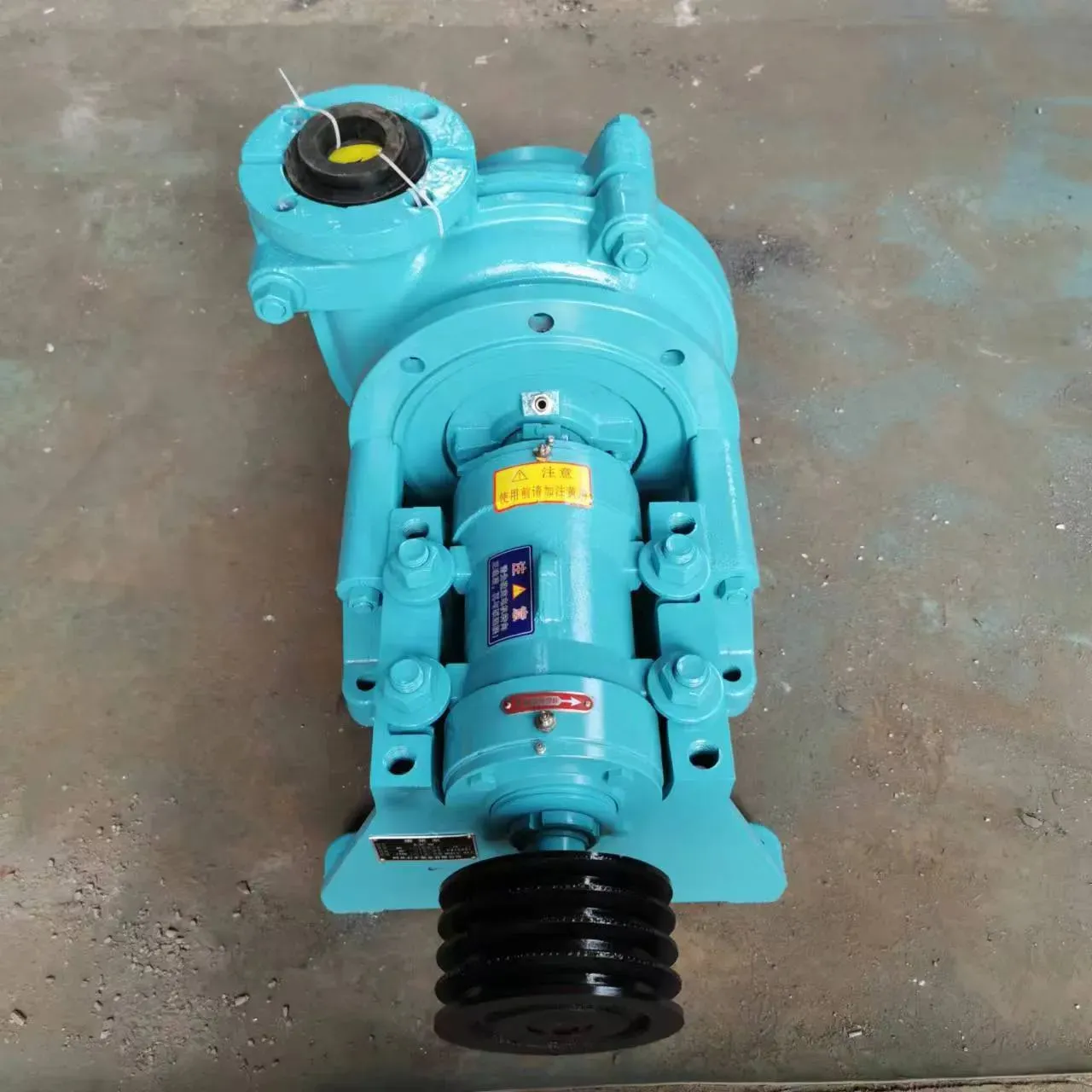Kyrgyz
- Afrikaans
- Albanian
- Amharic
- Arabic
- Armenian
- Azerbaijani
- Basque
- Belarusian
- Bengali
- Bosnian
- Bulgarian
- Catalan
- Cebuano
- Corsican
- Croatian
- Czech
- Danish
- Dutch
- English
- Esperanto
- Estonian
- Finnish
- French
- Frisian
- Galician
- Georgian
- German
- Greek
- Gujarati
- Haitian Creole
- hausa
- hawaiian
- Hebrew
- Hindi
- Miao
- Hungarian
- Icelandic
- igbo
- Indonesian
- irish
- Italian
- Japanese
- Javanese
- Kannada
- kazakh
- Khmer
- Rwandese
- Korean
- Kurdish
- Kyrgyz
- Lao
- Latin
- Latvian
- Lithuanian
- Luxembourgish
- Macedonian
- Malgashi
- Malay
- Malayalam
- Maltese
- Maori
- Marathi
- Mongolian
- Myanmar
- Nepali
- Norwegian
- Norwegian
- Occitan
- Pashto
- Persian
- Polish
- Portuguese
- Punjabi
- Romanian
- Russian
- Samoan
- Scottish Gaelic
- Serbian
- Sesotho
- Shona
- Sindhi
- Sinhala
- Slovak
- Slovenian
- Somali
- Spanish
- Sundanese
- Swahili
- Swedish
- Tagalog
- Tajik
- Tamil
- Tatar
- Telugu
- Thai
- Turkish
- Turkmen
- Ukrainian
- Urdu
- Uighur
- Uzbek
- Vietnamese
- Welsh
- Bantu
- Yiddish
- Yoruba
- Zulu
Telephone: +86 13120555503
Email: frank@cypump.com
Jan . 01, 2025 11:25 Back to list
Durable Pumps Designed for Chemical Resistance and Reliable Performance in Harsh Environments
Understanding Chemical Resistant Pumps Essential Tools for Safety and Efficiency
In various industries, handling hazardous chemicals is a commonplace yet critical aspect of operations. From manufacturing and pharmaceuticals to wastewater treatment and oil refining, the need for safe and reliable equipment is paramount. One of the most important components in the handling of corrosive substances is the chemical resistant pump. These specialized pumps are designed to withstand aggressive chemicals, ensuring efficient operation while minimizing the risk of leaks or system failures that could lead to environmental contamination or safety hazards.
What Are Chemical Resistant Pumps?
Chemical resistant pumps are designed to transport a wide array of corrosive, volatile, or hazardous liquids and slurries. Unlike standard pumps, which may suffer from wear and tear when exposed to harsh substances, chemical resistant pumps are constructed from materials that offer enhanced durability and resistance. Common materials used in their manufacture include stainless steel, polypropylene, Teflon, and special alloys that can endure the harsh conditions presented by specific chemicals.
Types of Chemical Resistant Pumps
There are several types of chemical resistant pumps, each suited for different applications
1. Centrifugal Pumps These are the most commonly used chemical pumps, ideal for transferring low-viscosity fluids. They operate using rotational energy and can handle various corrosive liquids efficiently.
2. Diaphragm Pumps Suitable for both low and high-viscosity fluids, diaphragm pumps can operate dry without damage and can handle slurries and abrasives. Their design allows for the safe transfer of hazardous materials, as they have no seals that can leak.
3. Peristaltic Pumps Often used in applications requiring accurate dosing or metering, peristaltic pumps work by compressing and releasing a flexible tube, minimizing contamination risk since the fluid is contained entirely within the tube.
4. Magnetic Drive Pumps These pumps offer a leak-free transfer option due to their magnetic drive mechanism, which eliminates the need for traditional seals. This makes them especially effective for transporting volatile or hazardous liquids.
chemical resistant pump

Key Considerations When Choosing a Chemical Resistant Pump
Selecting the right chemical resistant pump requires several considerations
- Chemical Compatibility Each material has specific resistance levels against different chemicals. It's crucial to evaluate the chemical makeup of the liquid being pumped to ensure that the pump materials can withstand potential corrosive effects.
- Flow Rate and Pressure Determining the required flow rate and system pressure is fundamental. Pumps are designed to operate within particular parameters, and selecting one that fits your needs is essential for operational efficiency.
- Temperature Resistance Many industrial applications involve pumping fluids at extreme temperatures. Ensuring that the pump materials can handle the maximum and minimum temperatures without degradation is critical.
- Maintenance Requirements Chemical resistant pumps often require specific maintenance practices to ensure longevity. Understanding the maintenance needs can help prevent costly downtime or equipment failure.
Importance of Safety and Regulatory Compliance
The use of chemical resistant pumps is not only about performance but also about safety and compliance with regulations. Properly selected and maintained pumps can prevent spills and leaks, protecting workers and the environment alike. Regulatory bodies, such as the Environmental Protection Agency (EPA) in the U.S., have strict guidelines regarding the storage and handling of hazardous chemicals, making the choice of equipment even more significant.
Conclusion
Chemical resistant pumps play a pivotal role in industries that deal with corrosive and hazardous substances. Their ability to maintain efficiency while safeguarding against leaks and spills makes them essential tools in modern industrial operations. By understanding the different types of pumps available, their compatibility with various chemicals, and their operational requirements, companies can make informed choices that enhance safety and productivity, ensuring a sustainable approach to chemical handling. As industries continue to evolve and regulations tighten, the importance of using reliable, chemical resistant pumps will only grow.
-
High-Efficiency Axial Flow Pump for Water Transfer & Irrigation
NewsJul.23,2025
-
High-Efficiency Horizontal Split Case Pump for Industrial Use
NewsJul.22,2025
-
Reliable Septic Tank Pumps | Durable & Clog-Resistant
NewsJul.22,2025
-
Here is the optimized TDK set for "axial flow pump": ``` Axial Flow Pump: High-Efficiency & Reliable Water Transfer Solutions
NewsJul.21,2025
-
DT Desulphurization FGD Pumps - Corrosion-Resistant & High-Efficiency
NewsJul.21,2025
-
High-Efficiency Submersible Effluent Pump for Sewage & Wastewater Solutions
NewsJul.08,2025










